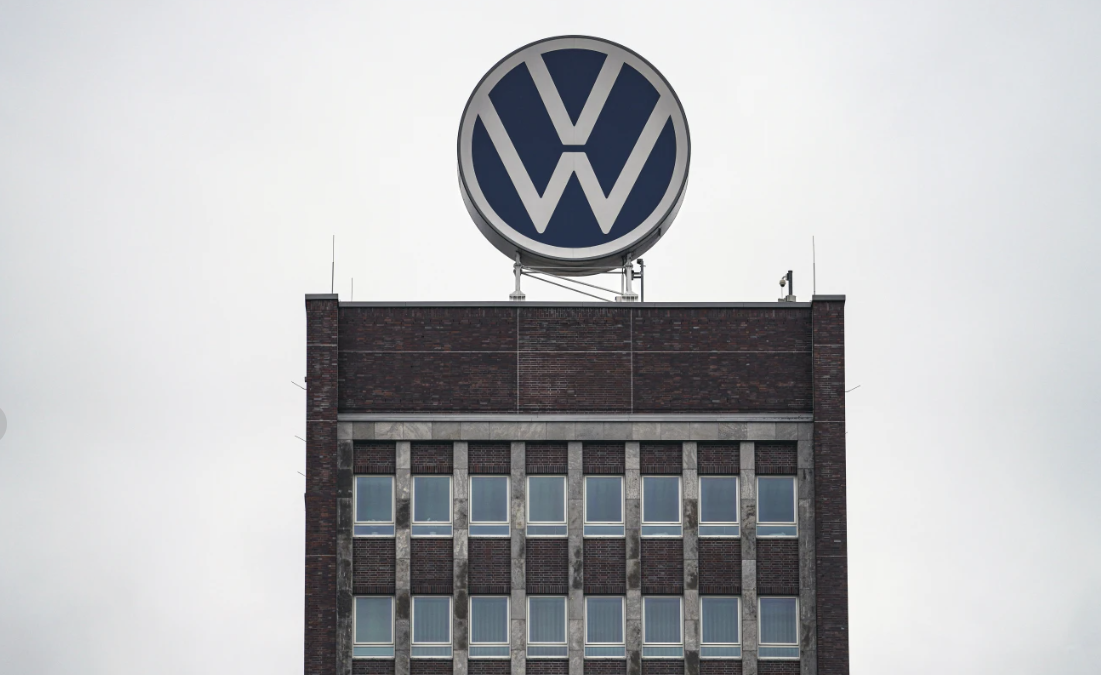Volkswagen and its employee representatives announced on Friday that they have reached a wage agreement for 120,000 workers in Germany. The deal prevents plant closures and ensures no involuntary layoffs until 2030. As part of the agreement, VW will reduce its workforce by over 35,000 through early retirements and buyouts by 2030.
The agreement was the result of lengthy negotiations and is designed to help the Wolfsburg-based automaker manage declining demand in Europe, rising raw material costs, and increased competition from Chinese car manufacturers.
Due to slower sales in Europe, Volkswagen has missed out on the opportunity to sell 500,000 cars annually, which is equivalent to the output of two factories.
The deal will save Volkswagen 1.5 billion euros ($1.56 billion) annually in labor costs and 4 billion euros annually by reducing production capacity by over 700,000 vehicles at its German plants through various adjustments to manufacturing processes.
The fact that the agreement prevents widespread plant closures highlights the significant influence of employee representatives and the state of Lower Saxony at Volkswagen. Both hold a majority on the company’s board of directors, giving workers and the local government considerable leverage in decision-making.
A senior Volkswagen executive described the agreement as “a good deal.”
Thomas Schaefer, head of the Volkswagen brand, explained that the main goals of the negotiations were to address overcapacity at German plants, reduce labor costs, and lower development expenses to remain competitive. He stated that sustainable solutions were reached in all three areas.
Thorsten Groeger, a negotiator for the IG Metall union, mentioned that employees made some “painful concessions” as part of the agreement. According to a union statement, this included the loss of bonus payments and other benefits, though employees’ monthly wages would remain unchanged. Volkswagen had initially sought a 10% wage reduction.
Volkswagen argues that it needs to reduce costs in Germany to be on par with its competitors, as well as its plants in Eastern Europe and South America.
While major plant closures were avoided, production at the Dresden factory will end as previously planned by the end of next year. Additionally, the Osnabrück plant will focus solely on producing T-Roc SUVs until mid-2027, after which the company plans to repurpose the facility for other uses.
Daniela Cavallo, a top Volkswagen employee representative, suggested that the Dresden plant could be repurposed in collaboration with other organizations, though she did not provide further details.
The company also announced that production of its Golf model will move from the Wolfsburg plant to Puebla, Mexico, and that the number of assembly lines at Wolfsburg will be reduced from four to two, focusing on the production of the ID.3 and CUPRA Born compact cars. As a result, around 4,000 vehicle development jobs will be cut at Wolfsburg.














